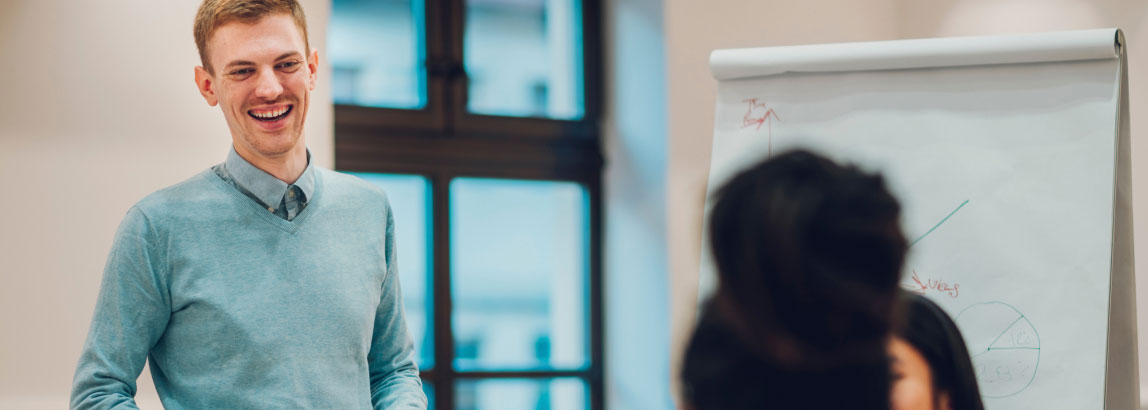Not found

Related vacancies

Technician in plant-fungal symbiosis
- 0.8 / 1
- Faculty of Science
- Technical support staff
- Intermediate vocational education
- Closes on23-02-2025
- Publishing date03-02-2025
-
0.0 km
Are you experienced in culturing microbes and plants? Do you want to apply advanced microscopy, imaging, and molecular techniques to study fungal-plant interactions? Then this position is for you!
View vacancy

Integrated Optics Postdoc position
- 0.8 / 1
- Faculty of Science
- Researcher / Postdoc
- Postdoc
- Closes on28-02-2025
- Publishing date29-01-2025
-
0.0 km
Are you passionate about pushing the boundaries of neuroscience and photonics?
View vacancy

PD-Position: Mitigating Greenhouse Gas Emissions from Peatlands in Agriculture
- 0.8 / 1
- Faculty of Science
- Researcher / Postdoc
- Postdoc
- Closes on23-02-2025
- Publishing date20-01-2025
-
0.0 km
Do you have experience measuring and analyzing GHG fluxes? Want to research land management to reduce emissions from agricultural peatlands? Can you optimize GHG flux data collection and processing with chambers? Join us!
View vacancy
This website uses cookies
We, and third parties, use cookies on our website. We use cookies to ensure that our website functions properly, to store your preferences, to gain insight into visitor behavior, but also for marketing and social media purposes (showing personalized advertisements). By clicking 'Accept', you agree to the use of all cookies. In our Cookie Statement. you can read more about the cookies we use and save or change your preferences. By clicking 'Refuse' you only agree to the use of functional cookies.